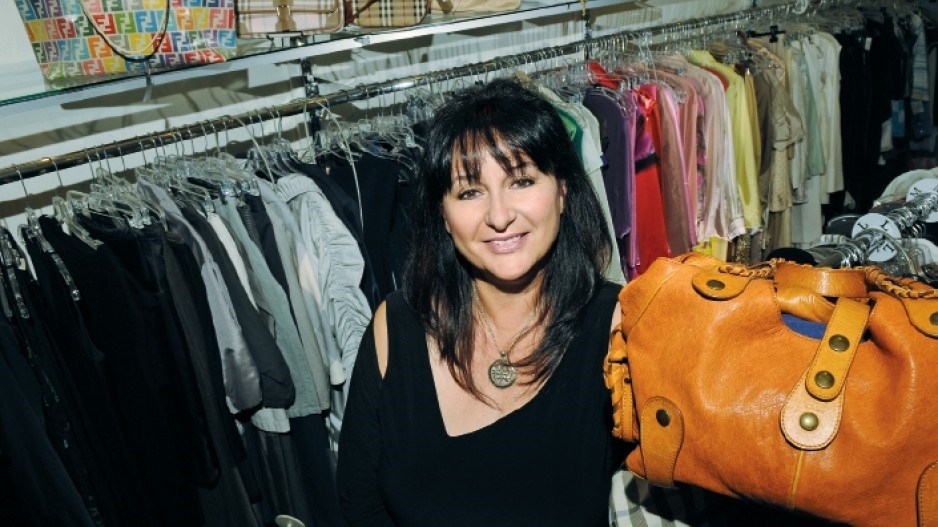U.S. thrift store franchisor Winmark Corp. (Nasdaq:WINA) plans to shake up the Metro Vancouver second-hand retail sector this fall by opening its first of 12 Lower Mainland franchises.
The sector is currently dominated by:
•the Salvation Army, which operates 16 stores;
•the Bellevue, Washington-based Savers, which operates eight Value Village stores; and
•dozens of independent operators such as the three-store, locally owned Turnabout Prestige Consignment.
Little data is available for the sector in Canada. The U.S.-based National Association of Resale Professionals, however, noted recently that the number of second-hand stores in the U.S. has risen 7% in each of the past two years to a total of more than 25,000 resale and consignment stores, which combine to generate approximately $13 billion in annual sales.
An America's Research Group study revealed that 18% of Americans shop at thrift stores at least once a year. That compares with 21.3% who shop in big department stores, 19.6% who shop at major apparel stores and 11.4% who shop at factory outlet malls.
Minneapolis-based Winmark's stores differs from Salvation Army and Value Village locations in two main ways: store footprints are smaller, at about 3,000 to 4,000 square feet, and its stores focus on tight niches.
Winmark brands include:
•Once Upon a Child for children's wear and products;
•Plato's Closet for young adult clothing;
•Play It Again Sports for sportswear; and
•Music Go Round for musical instruments.
Pete First, Winmark's director of franchise development, said Metro Vancouver will get each of those brands, except Music Go Round, in the next few years.
His aim is to have five Plato's Closet locations, four Play It Again Sports stores and three Once Upon a Child locations within about five years.
Former restaurateur and Subway franchisee Duncan Mussbacher is the first franchisee off the mark. He and wife Cathy Mussbacher plan to open a Once Upon a Child store in a Langley strip mall near Willowbrook Shopping Centre in November.
"I was looking for something that would be a good business but would also help people who are in a financial crunch," Mussbacher said.
He liked the idea of selling used goods but wanted to get away from the consignment business model, under which he said too many used-goods stores in Metro Vancouver operate.
Consignment stores don't buy goods from the public – they display items people want to sell.
Winmark's stores, in contrast, pay cash for merchandise and use a detailed computer database.
"The computer system sets pricing – not only what the franchisee pays a customer but what price is put on the item when it's on the floor," First explained. "That makes the pricing consistent."
Pricing depends on an item's brand, colour, size and condition. Stained items or products that are older than 18 months are generally not salable.
The first couple of months for any new Winmark location are invested in building inventory and buying from customers. Resales to customers launch after that.
Turnabout Prestige Consignment owner Joy Mauro told Business in Vancouver that her sector of customers increasingly wants to sell items outright rather than leave them on consignment.
Mauro gives them 40% of the resale price for items up to $500 and slightly higher percentages for items priced above $500. When she pays cash for items, she pays a much smaller percentage.
"I used to tell customers, 'Sell it on consignment and wait a while, you'll make more money. And they would,'" she said. "Today it's different. Especially for less expensive merchandise, they don't want to worry about consignment."
Mauro opened her first store, in the South Granville neighbourhood, in 1978. She then opened a location on West Broadway in 1992 and one in south Surrey in 2004. She is currently scouting locations for a fourth store.




